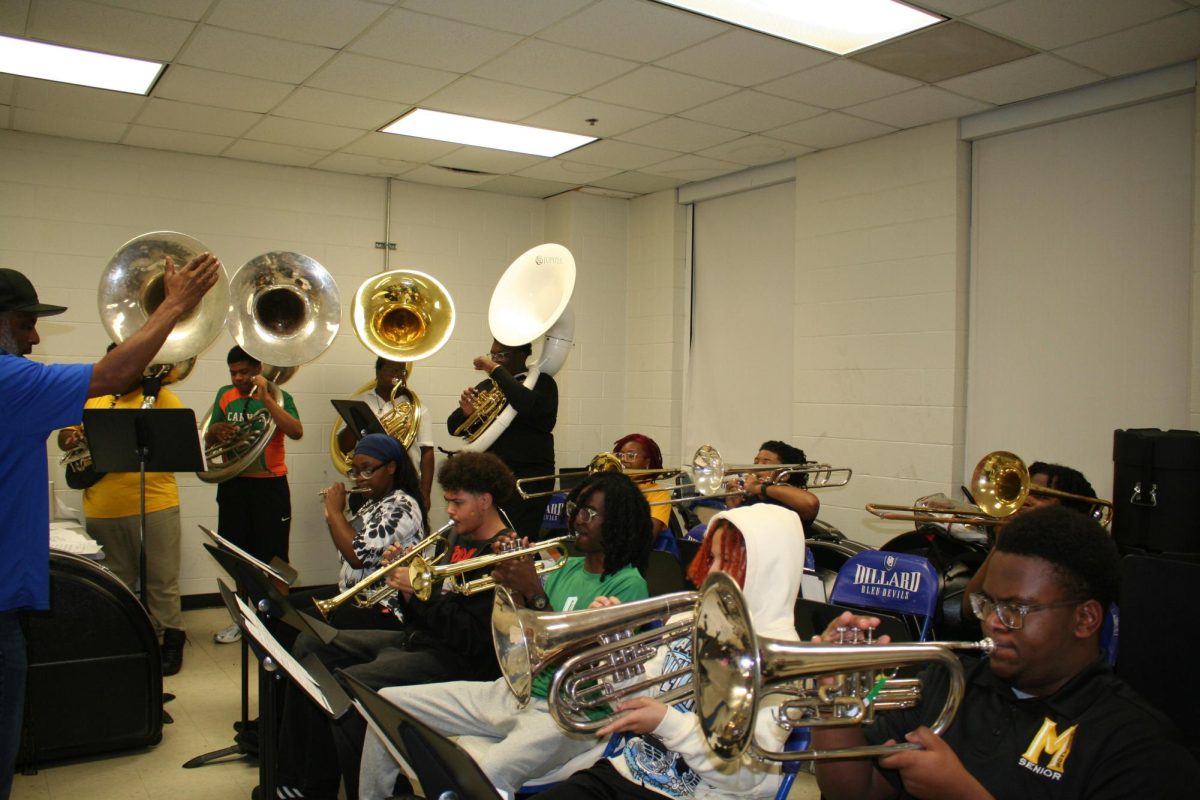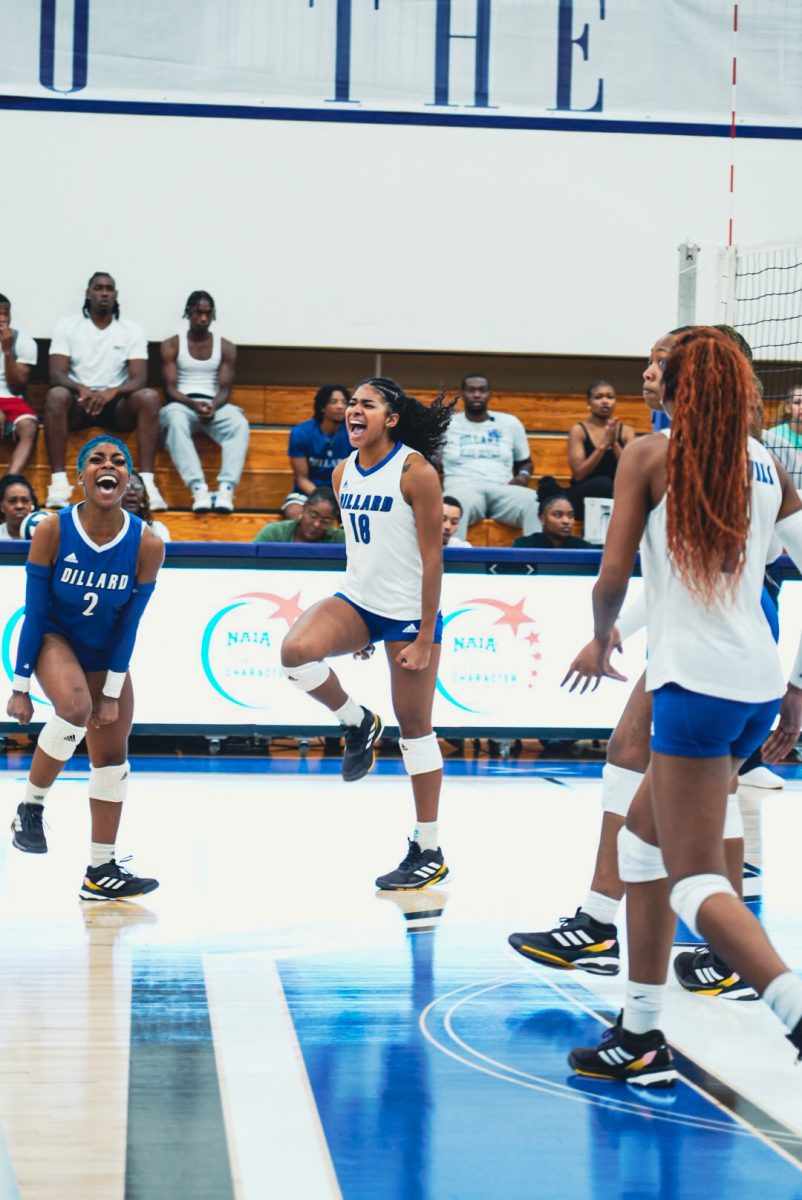A recent graduate of a college/university finds herself in a situation that leaves her helpless. She has recently been diagnosed with a serious eye injury and needs surgery. She no longer has college insurance since graduation and can not pay for it out of pocket. Therefore, she cannot have the surgery. Unfortunately she is not alone, as a number of recent graduates find it hard obtaining insurance after being taken care of from their parents/guardians or college while in school. “Finding insurance after leaving Dillard is not easy. You are no longer on your parents’ insurance and you can’t use Dillard’s (insurance) anymore,” says Chantell Garrett, 2007 graduate of Dillard University. Upon enrolling in Dillard University, students are provided insurance under Koster Insurance Agency. The price given to the school adjusts often. This year the amount was $460. If a student does not want to use this insurance they must show proof of another type of insurance. Therefore, every student at Dillard University is covered with some sort of insurance whether it is through the school or with their own personal insurance. “Most students who decide to use their personal insurance are covered here in New Orleans. However, some out of state insurances are delayed when responding to a medical request, causing students to have to wait on medicine or surgeries,” said Nurse Gill, Dillard University’s on campus nurse. Students who plan to continue education through graduate school and are on their parents insurance are likely to have a longer time frame before they have to go through the process of getting insurance on their own. However, students who are considering going from college directly in the work force have less time to search for the right insurance. According to Thomas Anderson of Kiplinger’s magazine, “Many insurance companies drop dependents from their parents’ policies once they prove to have their own income. Others limit a child’s coverage to a specific age, usually 22-25. Some insurance companies offer a student health-insurance policy. A student policy is an affordable way to fill the gap between the times the student graduates and the time they qualify for insurance with their job. However, student health plans are only available to full-time students under the age of 30. Assurant Health is the largest provider of student health plans. Any student interested in applying to Assurant Health Insurance must apply 31days before their college graduation date. Like many insurance agencies, there are stipulations and qualifying conditions. “I started researching for insurance the semester before graduation. It was extremely hard to find a plan that worked for me,” said Alicia Davis, 2006 graduate of Dillard University. Students who have insurance through Dillard have a three-month grace period after graduation in which they are still covered by Dillard’s insurance. Students covered under Koster’s Student Accident and Sickness Insurance Plan are eligible to continue coverage under a separate Continuation Plan. A student can enroll in this Continuation Plan prior to graduation. A survey of U.S. insurance consumers by the National Association of Insurance Commissioners (NAIC) indicated nearly a fifth of young singles would go without health insurance to save money. “It is vital for recent graduates to remember that forgoing health insurance is a dangerous decision,” said Doug Ommen, director of the Missouri Department of Insurance, Financial Institutions & Professional Registration. “Purchasing health insurance provides financial security and peace of mind to graduates as they make life-altering changes and responsible transitions into adulthood.” If a student is unable to meet any of the qualifications for the insurance options stated earlier in this article, they may apply for a short-term plan. Short-term policies are generally good for six months to a year. You have to reapply for coverage each time your policy expires, meaning you must be healthy enough to qualify. Some states are extending coverage beyond graduation day. Colorado, Delaware, Massachusetts, New Jersey, New Mexico, Rhode Island, and Utah have such laws in which they allow a student to stay on their parents insurance after graduation. Some laws require adult children to live with their parents or to be unmarried in order to remain on a parent’s policy. Others allow insurers to charge a higher premium for the additional coverage. In the first half of 2006, nearly 35 percent of 19- to 24-year-olds were without health insurance, according to a June 2007 report from the Agency for Healthcare Research and Quality. “My concern is that I’ve always been lucky and blessed to have health insurance,” said Franklin Brown, a senior physical therapy major. “But it’s going to be really hard to pay for it by myself because it’s difficult to find a job that offers health insurance benefits anymore.” Some students at Dillard are not concerned about insurance after gradation. Some students have put more focus into to passing classes and graduating.
“I am not worried about medical insurance post graduation. I am just trying to focus on what is important to me presently. I will get insurance but no it is not a priority,” said- Jonathan Bryant, a senior biology major.




























